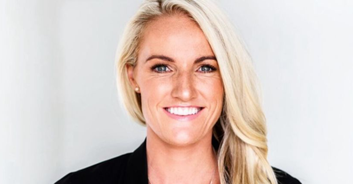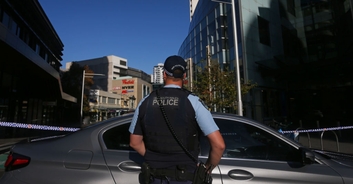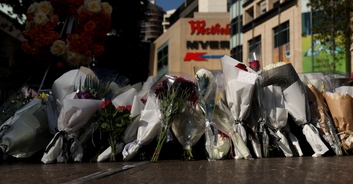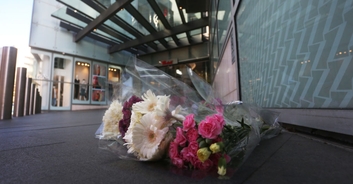To most of us in the western world, Instagram is largely a harmless social media site where we boast about our vacations, upload silly stories and post the occasional selfie. However, in the Middle East, the photo-sharing network is responsible for dozens of people's arrests. Their crime? Posting pictures and videos.
In Iran, in southern port city of Bandar Abbas, 630 miles south of Tehran, more than 40 people - including eight women - have been rounded up by the police, who claim that they had been sharing "indecent" footage on their pages. They added that those arrested were "damaging public virtue through the organised spreading of anticultural" activities.
However, while the videos and pictures in question have been deemed morally reprehensible by the authorities in Iran, people in the western world would barely blink an eyelid if it appeared on their newsfeed. Case in point, Maedeh Hojabri's case.
Earlier this month, police took Maedeh, an 18-year-old girl, into custody after she posted videos of herself dancing on her popular Instagram account. Deemed "immoral" by authorities, the footage showed her dancing to western pop and rap music, in some, she was not wearing a hijab which is required in public in Iran.
After she was arrested, her account - which had more than 600,000 followers - was suspended and teenager Instagram star was seemingly forced on state TV to apologise to the country. She appeared, her face blurred but visibly crying and shaking, onscreen to explain her motivation for producing the videos, telling the camera: "It wasn’t for attracting attention. I had some followers and these videos were for them. I did not have any intention to encourage others doing the same … I didn’t work with a team, I received no training. I only do gymnastics."
Her arrest sparked a mini-revolution on social media and hundreds of women began showing their support for the teenager by sharing videos of themselves dancing on social media. Using hashtags that translate as "#dancing_isn’t_a_crime" and "#dance_to_freedom", dozens of supporters showed solidarity with Maedeh, risking their own arrests in the process
Local media have since reported she has been released on bail, however, her liberation was soon followed by more arrests this week. Among the detainees this time are Instagram models, and people who work in photography, beauty salons and wedding businesses, who used the social media site to share footage deemed indecent by the state.
Instagram is one of the few social media sites the Iranians have access to - Facebook, Twitter, Youtube and the Telegram messaging app are all banned - however, the judiciary is said to be considering completely blocking access to the photo-sharing platform now. In the meantime, they will work on shutting down other "indecent" accounts which broadcast behaviour that is deemed "un-Islamic".
Police outrage at online footage in Iran does not come as a surprise and is largely precedented; in 2014, the authorities sentenced six young men and women to suspended prison terms after they appeared in a video dancing to the Pharrell William' song Happy.
Collecting over two million viewed, the video was intended to show the rest of the world that Iran’s young people "have moments of joy and happiness even though they live with many difficulties." Instead, it saw its creators be sentenced to lashes by police who described it "a vulgar clip" which "hurt public chastity".
Stories like Maedeh Hojabri's highlight just how lucky people in the western world are to live in a society that allows them to largely express themselves freely online. However, just because we can post a video of ourselves dancing on Instagram and not experience consequences, this does not mean that we shouldn't fight for the people who don't have that simple freedom.










